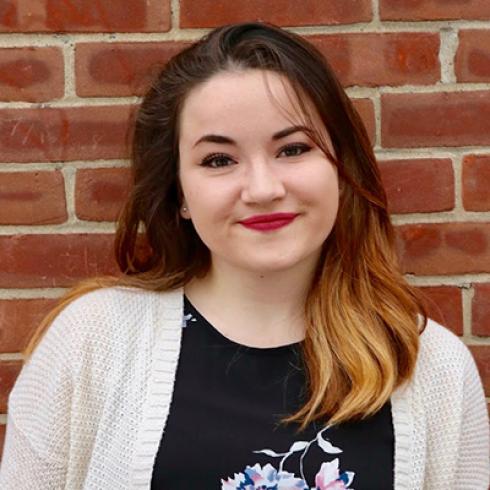“Water, water, everywhere,
And all the boards did shrink;
Water, water, everywhere,
Nor any drop to drink.”
-Samuel Taylor Coleridge, The Rime of the Ancient Mariner
For a city surrounded by water (looking at you, Atlantic Ocean), Cape Town has been growingly increasingly drier. Since 2015, Cape Town and its overall province have been warily watching dam levels decrease, all the while praying for rain and making contingency plans. In the past couple months, major news outlets like TIME and the New York Times have even caught wind of the situation and published informative pieces and short documentaries, and when dam levels were projected to fall below critically low levels, the city announced plans for the (very ominous-sounding) “Day Zero”. This is the term for when the water supply will be turned off, making Cape Town potentially the first major metropolitan center to run out of water. Hearing this, it’s easy to be startled, especially as water restrictions have become increasingly stringent. Not surprisingly, tourism has dropped off as tourists and even international students wonder whether or not it’s safe to stay in Cape Town.
So, is it? Do I not have enough water to drink, shower, wash dishes, etcetera? The answer to these questions is all the same: it’s fine. Seriously, come and see for yourself! The water crisis is currently less of a crisis and more of an inconvenience that can be avoided by acclimatizing yourself to some new habits. The date for Day Zero has progressively been rolled back as water usage has been cut citywide; when students on our program arrived in late January, April 16th was the day to watch. As I write this on April 14th, I’m happy to say that the projected date is now in 2019.
Do your bit
Personal responsibility has been a huge part of the social movement here to save water, and the stressing of each person’s duty to the city we share has been a really interesting thing to witness. It’s honestly been inspiring to see people come together to conserve a resource we all need and care about, and having to closely monitor my own water consumption habits has made me so much more conscious of daily waste. If I don’t have enough laundry to do a full load of washing, but still need or want to get it done, I share a washer with friends who have some articles of clothing to wash too. When I brush my teeth in the morning, I’ve caught myself leaving the tap on between wetting my brush and spitting in the sink; when I take showers, I turn off the water when I am lathering my hair or washing my body. As someone who loves a long, hot shower, the recommended length of a 90-second shower was a little daunting at first, but using water this way has been a luxury and indulgence that I definitely took for granted before. Recently while traveling outside of the Western Cape (and thus in a non-drought area), I took a shower the length of what I was used to and was struck by how unnecessary and just wasteful it felt. You really don’t need exponentially long showers to maintain the level of personal hygiene you want, or are used to: it’s just about resetting your mind (through diligent practice or reminders from friends) to really be observant in your daily life. In short: when you take care of your city, and our shared world, it will take care of you.

Gwen Marquis
<p class="MsoBodyText" style="margin-top:2.35pt; margin-right:10.3pt; margin-bottom:.0001pt; margin-left:5.0pt">Hi all! My name is Gwen, and I’m a junior majoring in Political Science and Anthropology with a concentration in Global Health at the University of Vermont. I love taking photos, being outside, and pretty much every dog I’ve ever met. I’ve never been to the Southern Hemisphere before and am looking forward to studying abroad in Cape Town and escaping New England mid-winter. This semester abroad, I look forward to traveling as much as possible and (hopefully) learning to cook for myself. Wish me luck!</p>








